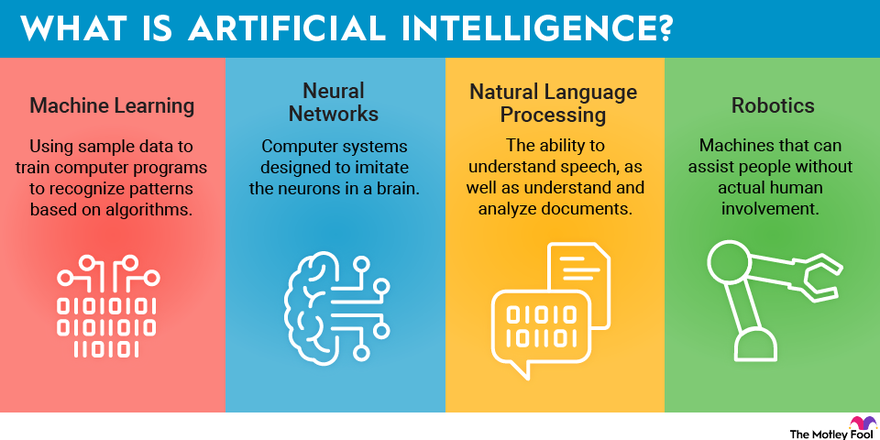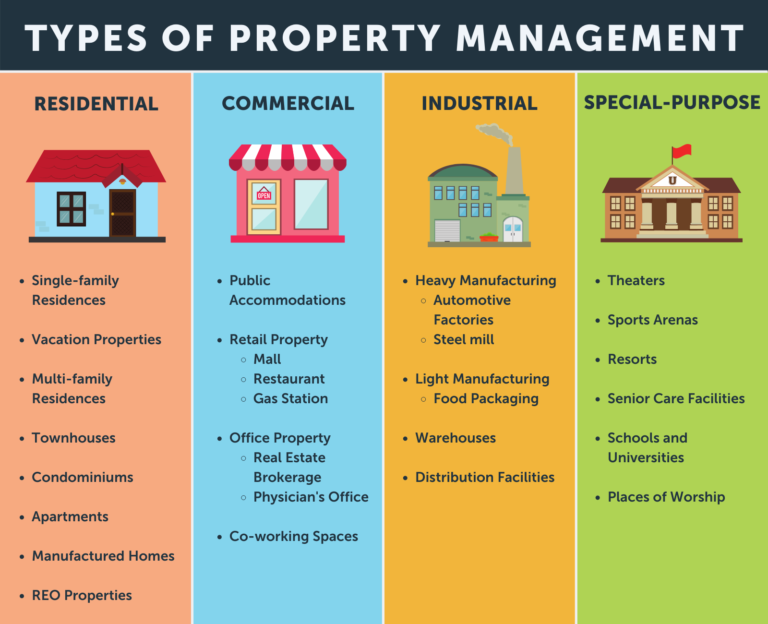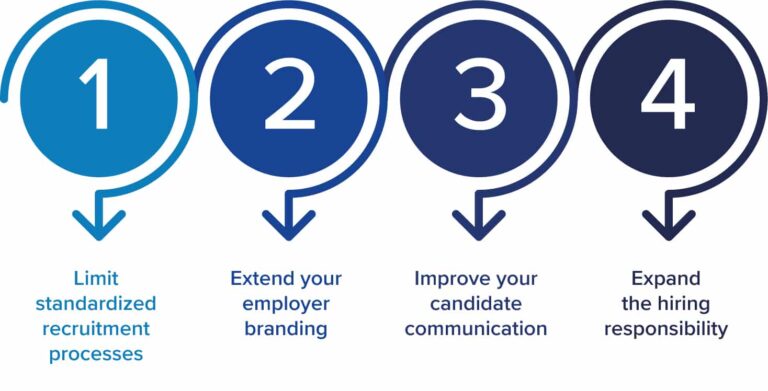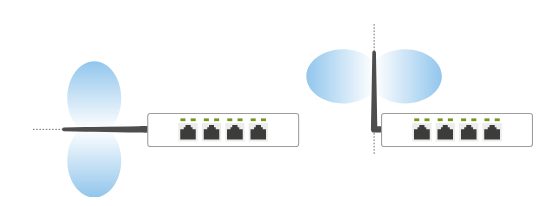What Is Artificial Intelligence?
Artificial Intelligence (AI) is a branch of computer science that focuses on creating machines that can think and act like humans. AI is used to design systems that can perceive the environment, think, learn, and act accordingly. Examples include robots, autonomous vehicles, natural language processing, computer vision, and speech recognition. AI can be used to automate tasks, provide better customer service, improve decision-making, and develop more efficient systems. The aim of AI is to create machines that can interact with humans in a meaningful way and learn from their experiences.
Definition and Overview of Artificial Intelligence
Artificial Intelligence (AI) is a form of technology that enables machines to think and act like humans. It is a branch of computer science that focuses on the development of intelligent computer systems that are capable of performing tasks traditionally done by humans, such as problem-solving, decision-making, and learning. AI technologies are used in a variety of applications, such as robotics, natural language processing, computer vision, and machine learning. AI has become increasingly popular in recent years, with advancements in the field leading to advances in many other industries. AI has been used to automate mundane tasks and provide insights into complex problems, allowing businesses to become more efficient and effective. AI-based systems can also help with predictive analytics, enabling businesses to better anticipate customer needs and market trends. As AI continues to develop, it is expected to revolutionize the way we live, work, and interact with each other.
History and Development of Artificial Intelligence
Artificial Intelligence (AI) has been around since the 1950s, with its roots going back to Alan Turing’s paper ‘Computing Machinery and Intelligence’ in 1950. AI has since undergone several phases of development which has seen it evolve from the early days of rule-based programming to the current deep learning techniques. AI is a complex field that has grown beyond its roots in computer science, incorporating elements of mathematics, engineering, and neuroscience.
The first AI programs were developed in the 1950s and focused on solving abstract problems, such as playing chess and checkers. This era of AI development is known as the ‘symbolic era’ and was based on symbolic logic and rule-based programming. In the 1980s, AI saw the emergence of expert systems, which used a combination of rules and heuristics to solve problems.
The 1990s saw a shift in AI towards more data-driven methods, such as neural networks and genetic algorithms. This era of AI development is known as the ‘connectionist era’ and focuses on teaching computers to recognize patterns in data. In the 2000s, the development of AI moved towards machine learning, which uses algorithms to learn from data and make predictions.
Today, AI is being used in a variety of fields, from healthcare to finance, to self-driving cars and robotics. AI is also being used to create virtual assistants and chatbots. AI is rapidly evolving and is set to revolutionize the way we live and work.
Applications of Artificial Intelligence
Artificial Intelligence (AI) is a rapidly evolving technology that is transforming multiple industries. AI-powered systems are capable of completing a variety of tasks, from automating mundane tasks to providing insights and recommendations. AI is used in a variety of applications, ranging from chatbots and virtual assistants to self-driving cars and facial recognition software.
AI technology can be used to improve customer service, automate tedious tasks, and even detect fraud. For example, AI-powered chatbots can be used to answer customer inquiries quickly and accurately. AI can also be used to automate mundane tasks such as data entry and document processing. AI can even be used to detect fraud by analyzing customer behaviors and flagging suspicious activities.
AI can also be used to improve healthcare by providing personalized treatments and diagnostics. AI-powered systems can analyze patient data and provide accurate diagnosis and personalized treatment plans. AI can also be used to track patients’ progress and provide timely alerts if there are any changes in the patient’s health.
AI can also be used to improve the efficiency of businesses. AI-powered systems can be used to monitor operations, identify areas for improvement, and provide recommendations to optimize operations. AI can also be used to streamline processes and automate tasks, reducing the amount of time it takes to complete tasks.
The applications of AI are vast and continue to expand as the technology advances. AI can be used to improve customer service, automate mundane tasks, detect fraud, improve healthcare, and improve business efficiency. As the technology continues to evolve, AI will become an integral part of our lives and continue to make a positive impact on our lives.

Types of Artificial Intelligence
Artificial Intelligence (AI) is a broad field of study that involves developing machines that can think like humans, and it can be divided into two main categories: narrow AI and general AI. Narrow AI is the type of AI that exists today, and it consists of machines that can perform specific tasks, such as facial recognition or playing the game of chess. These machines are programmed to be able to recognize patterns and then respond accordingly. On the other hand, general AI is a type of AI that is still in development, and it is designed to be able to think on its own, using the same type of cognitive processes that humans use. General AI is seen as the ultimate goal of AI research, and it is expected to have a wide range of applications in the near future.
Challenges and Limitations of Artificial Intelligence
Artificial Intelligence (AI) has seen tremendous growth in recent years. AI has been used in a variety of industries from healthcare to finance and from automotive to military applications. However, there are still a number of challenges and limitations that need to be addressed before AI can truly reach its fullest potential.
One of the biggest challenges that AI technology faces is the concept of generalization. AI algorithms are typically designed to solve specific problems in a specific environment, which may not always be the same for different tasks. That means, AI algorithms may not be able to perform general tasks as effectively as humans, and may need to be tweaked for different tasks.
Another limitation of AI is its lack of creativity. AI algorithms are programmed to do specific tasks and do them well, but they cannot think outside of the box and come up with creative solutions. This makes it difficult for AI to solve problems that require out-of-the-box thinking.
Finally, AI algorithms are only as good as the data they are given. If the data is incomplete or inaccurate, then the AI algorithm will not be able to perform its tasks correctly. This can lead to inaccurate results, which can be dangerous in certain applications.
These challenges and limitations must be addressed before AI can reach its full potential. With the right research and development efforts, AI technology can be improved and help to solve some of the world’s toughest problems.
The Future of Artificial Intelligence
As technology continues to evolve, Artificial Intelligence (AI) is becoming more and more prominent in our lives. AI is a form of computer science that focuses on creating intelligent machines that can think, analyze, and act like humans. AI has the potential to revolutionize the way we live and work, making our lives easier and more efficient. AI can be used to automate mundane tasks, analyze data faster, and provide insights to drive smarter decisions. AI is also being used to develop autonomous vehicles, medical diagnosis, and other applications that can transform our lives.
AI is constantly evolving and new use cases are being discovered every day. AI is already being used to improve customer service, automate processes, and identify patterns in data. AI is also being used to power virtual assistants and chatbots, allowing businesses to have more personalized interactions with their customers. As AI advances, we will see its use expand to many other areas, from healthcare to education, and even finance.
AI has the potential to revolutionize the way we work and live, allowing us to take advantage of its many benefits. AI is a powerful and versatile tool, and its potential is only beginning to be tapped. As AI becomes more advanced and accessible, it is likely that many of the tasks we currently do manually will be automated, making our lives easier and more efficient. AI will continue to drive innovation and progress in the future, making it an essential technology for businesses and individuals alike.
FAQs About the What Is Artificial Intelligence?
Q1. What is the purpose of Artificial Intelligence?
A1. Artificial Intelligence (AI) is a branch of computer science that aims to create intelligent machines that can think and act like humans. AI is used to create computer systems that are able to perform tasks that would normally require human intelligence, such as visual perception, speech recognition, decision-making, and translation between languages.
Q2. How does Artificial Intelligence work?
A2. Artificial Intelligence algorithms allow machines to learn from data, identify patterns, and make decisions with minimal human intervention. The algorithms can be used to analyze large amounts of data and find meaningful insights that can be used to improve decision-making in business, healthcare, and many other fields.
Q3. What are the benefits of using Artificial Intelligence?
A3. Artificial Intelligence can help automate mundane tasks, freeing up time for humans to focus on more creative and complex tasks. It can also be used to identify patterns and insights from large amounts of data, allowing organizations to make more informed decisions. AI can also be used to improve customer service and provide personalized experiences.
Conclusion
In conclusion, artificial intelligence (AI) is a form of technology that allows machines to learn, think, and act like humans. AI is transforming the way that humans interact with machines, and it has the potential to revolutionize many aspects of our lives, from healthcare to transportation. AI can help to speed up processes, reduce costs, and improve the accuracy of results. It can also be used to create more efficient and effective solutions to complex problems. AI is an exciting and rapidly evolving field of technology and its potential is only beginning to be realized.





